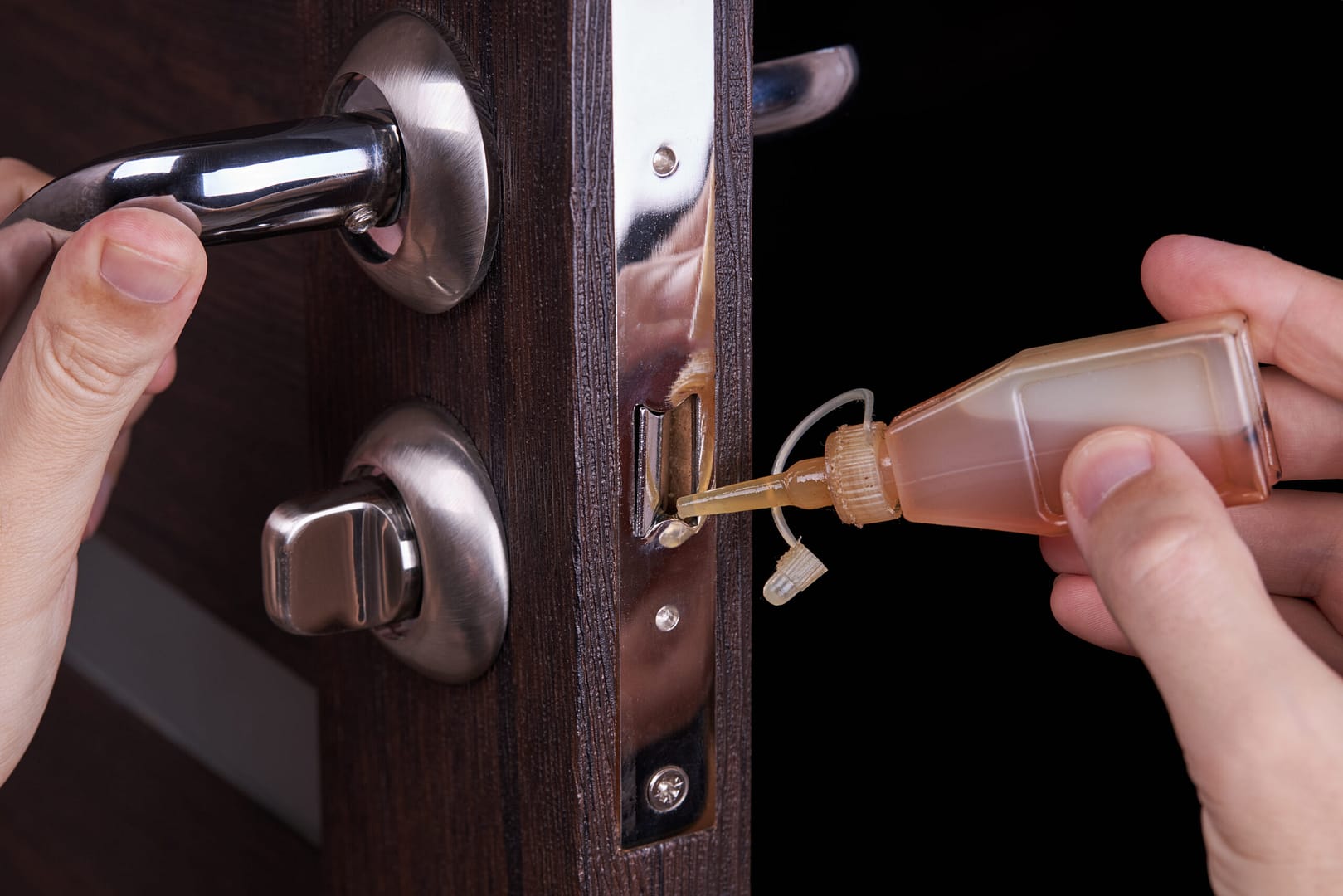
 There are few things in life more annoying than a squeaky door. A squeaky door is a problem
that you’ll be reminded of every time someone opens the door, and if that’s in a busy part of your house or office, that’s going to be a lot. And who wants to be woken in the middle of the night by a creaking door?
Let's take a look at how to fix a squeaky door and what the best lubricant for squeaky door hinges is.
There are few things in life more annoying than a squeaky door. A squeaky door is a problem
that you’ll be reminded of every time someone opens the door, and if that’s in a busy part of your house or office, that’s going to be a lot. And who wants to be woken in the middle of the night by a creaking door?
Let's take a look at how to fix a squeaky door and what the best lubricant for squeaky door hinges is.
If you’re interested in your next door-themed DIY project then you’re in the right place! Some of the best information can be found on this site. Check them out below:
Ready to jump in? Our internal door range is the best place to start!